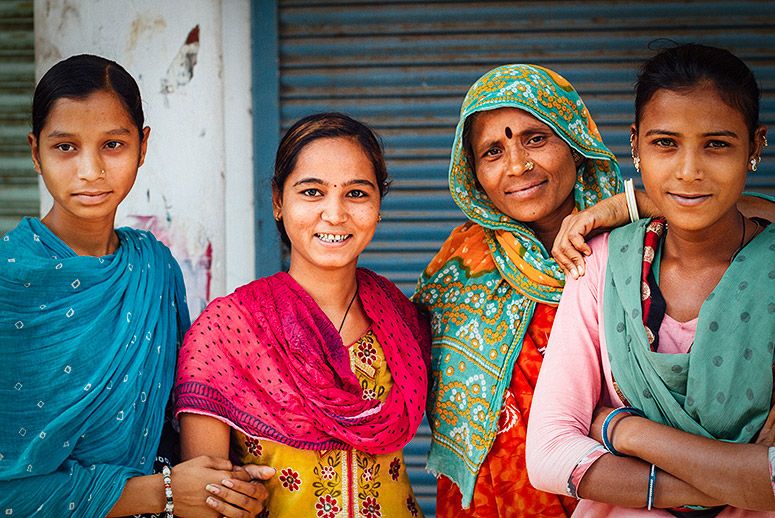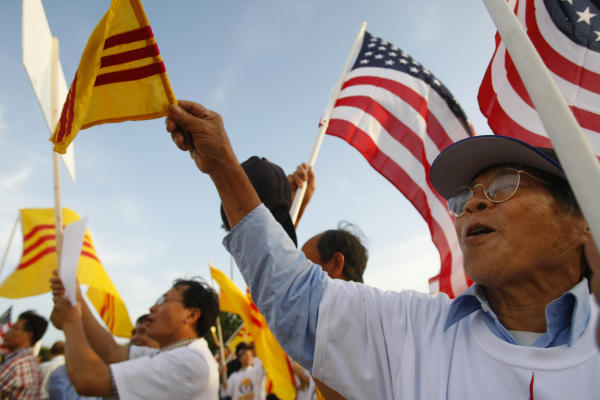
Growing up in America as a first generation Vietnamese-American, my parents raised me bi-culturally as they wanted me to fit into western culture while still holding down the roots for my native culture.
I traveled to Vietnam many times as a kid, a couple times as a teen, and only once since my young adult life. When I was a kid, my relatives back in Vietnam would always teach me how to clean properly and how I should behave and act around men. Following many of the Vietnamese cultural traditions, they would often emphasize the importance of family and how it is our duty as women to make sure our home is clean, proper, and always have food ready for our husband and kids.
Fast forward a few years later – I’m 17, in high school, and have been dating a non-Vietnamese guy for a couple months. My relatives in Vietnam were shocked and slightly disgusted with me. They were quick to ask me if I have “shared the same bed” as him. When I quickly told them precisely “not yet”, they were quick to shut me down with “NOT not yet. YOU WILL NOT.” They were quick to inform me that he was inappropriate to be a marriage partner (due to not being Vietnamese) and told me the moment I become a “trashy whore” by sleeping with him, I can kiss my future goodbye as no good, wealthy, well-educated man from a good family would want someone who’s slept around. Apparently, ‘well polished’ men only seek out women are ‘clean’ and ‘pure’ and who will only devote herself towards him.
The most recent time I went back to Vietnam was about a year ago when I was 22. I went back traveling with some friends this time rather than my parents. I decided to stop by my relative’s home to say hello along with my friends. The moment some of my aunts saw my diverse group of friends, they were quick to ask me if I had “been around” with any of them. When I told them no and that we were all friends, they continued to question if I was “pure.” I was confused as to why they would ask me these things, especially in front of my friends, while making it a very big deal. My relatives always seemed very concerned about my private life matters. I asked them if it was a problem if I wasn’t and I was immediately scolded and reprimanded. They would strictly tell me that “whores” don’t survive and if I was prideful in being a Vietnamese women in our family, I shouldn’t do anything to embarrass our family and bring them to shame. Upon my research, my relatives were very consumed into Vietnam’s representation.
Even while talking to my close cousins and family friends around my age group, if I brought up the topic of sex or birth control, they would feel extremely uncomfortable and would tell me women should not talk about such vulgar topics. They would also shut down the idea of birth control as they said it wasn’t natural and that I should be taking relationships more seriously and stop letting my “mileage run loose” as I am already at the age to start finding a marriage partner. I thought since they were younger and closer to age compared to my older aunts, they would have been more understanding. When I talked to them about the different kinds of birth control, rather than finding it fascinating and cool how well developed the world is, they were more disgusted with the idea of women taking pills, getting shots, or getting things injected inside of them just so they can “sleep around.” Due to the upbringing of Vietnamese culture and tradition, sex is represented as something you purely to with only your husband after marriage and is not to be considered as publicly enjoyable. I find it such a shame that sex has such a negative representation in some countries and wish the culture could embrace the act of sex more welcomely.
(word count: 649)

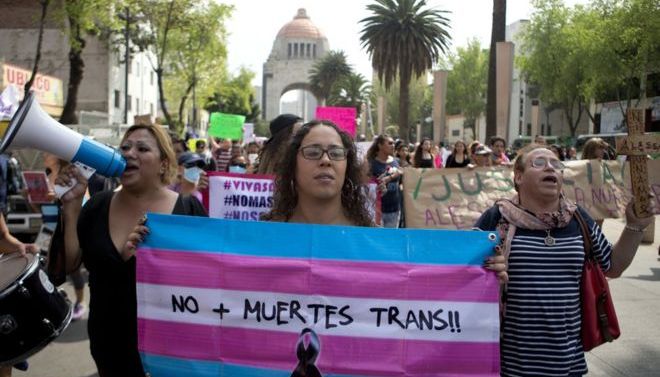








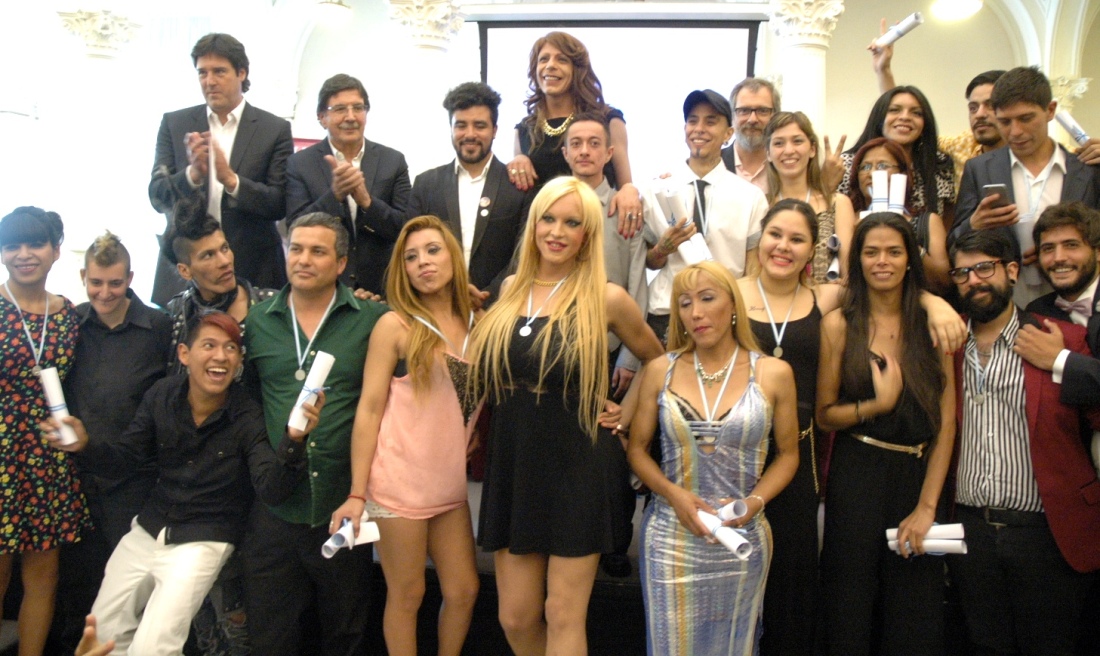


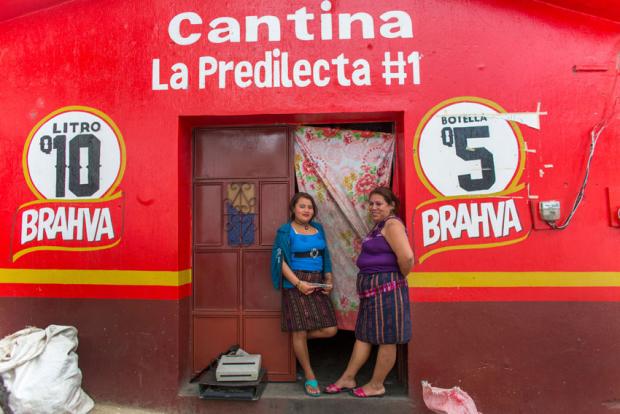



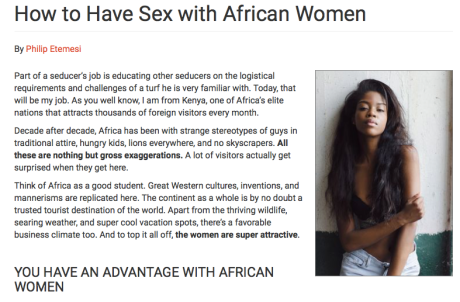
 Gender roles do not only determine the role men women hold in a relationship but also what they do in their sexual lives. Women are seen as submissive and powerless in the bedroom. However, when it comes to African men, its the total opposite. It is no surprise that
Gender roles do not only determine the role men women hold in a relationship but also what they do in their sexual lives. Women are seen as submissive and powerless in the bedroom. However, when it comes to African men, its the total opposite. It is no surprise that